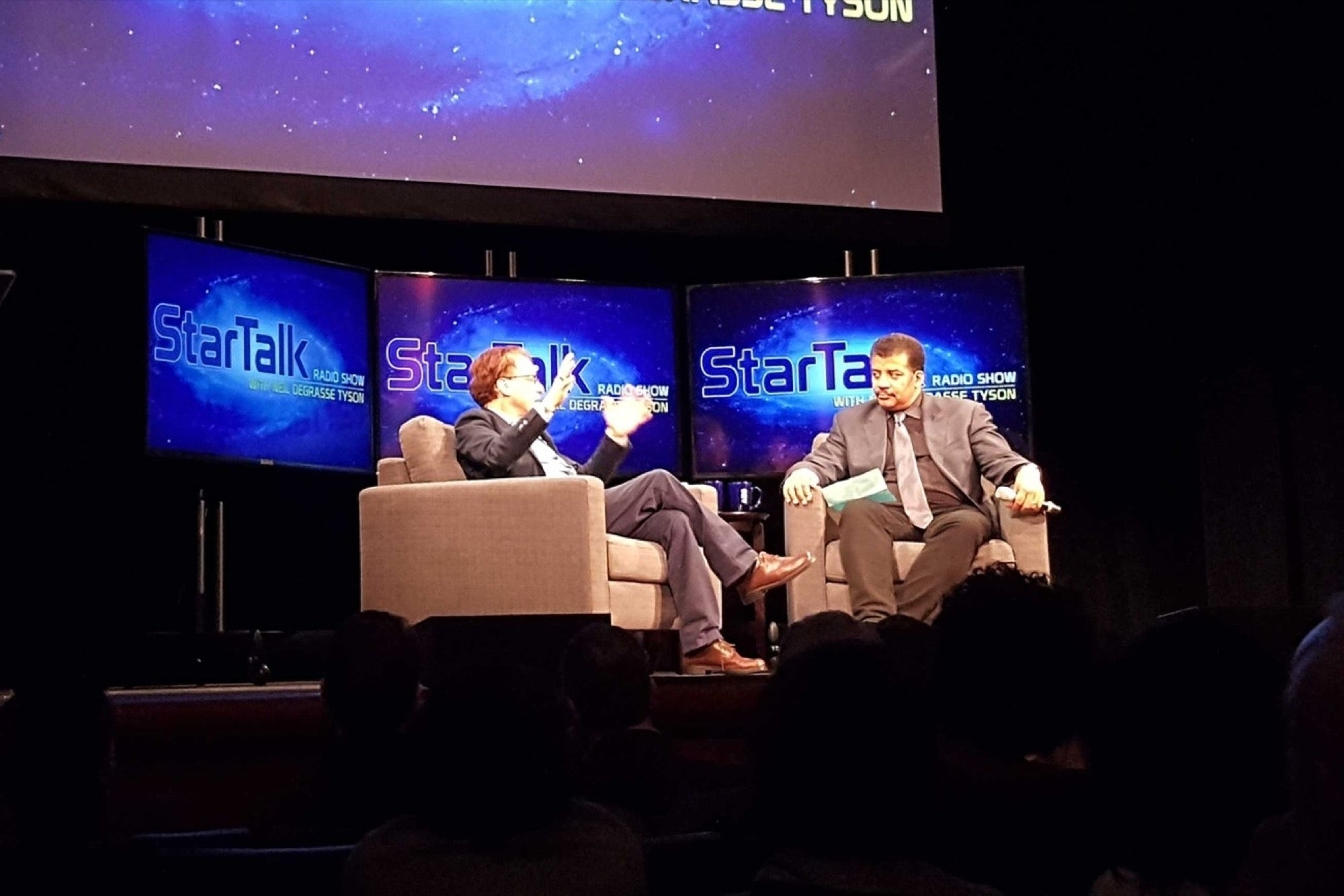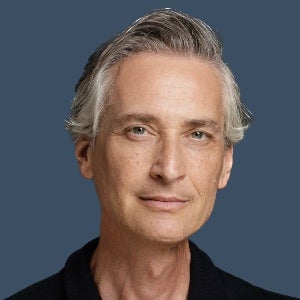The One Tip for Success Shared by Ray Kurzweil and Neil deGrasse Tyson The famed and brilliant inventor, author and futurist and similarly famed and brilliant astrophysicist share their insights on how to prepare for the future.
Opinions expressed by Entrepreneur contributors are their own.

If you want to be the next Ray Kurzweil or Neil deGrasse Tyson, what should you do?
Follow your passion deeply, Kurzweil told an audience last night at the tail end of an impressively humorous and entertaining talk hosted by the 92nd Street Y in New York City. In the future, there will be a "premium" put on specialized, comprehensive knowledge. If you have a passion for art, music or literature, follow that, he says.
The first step to following your passion, though, is to find your passion, Kurzweil says. He learned when he was still young that he had a passion for inventing. "But for some people it's not clear," he says. "They should explore many different avenues."
For those who don't already know what their passion is, Tyson encourages people to actively participate in the process of finding it. Seek out learning opportunities, visit museums, follow your curiosity and attend to your pursuit.
Related: To Pull Through Dark Days, Understand What Drives You
Tyson discovered his passion for space when he was 9 after he took his first trip to a local planetarium. The first time he saw the sky light up in the planetarium, he was "certain it was a hoax. There were just too many stars compared to the data I had obtained from the Bronx," says the always charming and often humorous Tyson. "But it was a marvelous hoax."
Once Tyson became laser focused on a passion, in his case space and the universe, the rest of his life he "aligned his decisions" to support and serve that passion, he says.
Money should not be the motivating factor, says Kurzweil, who is something of a ride-or-die romantic. "Don't do what you think is practical just because you think that's a way to make a living," Kurzweil says. "The best way to pursue the future is to find some kind of expression that you have a passion for."
And if you worry that you are too old to find a passion, you are not. "There is no prerequisite that you have a passion at any one age or another, but no passion will arise if you have no exposure to what kinds of things you can do with your life," Tyson says. "I am not here to make more astrophysicists. I am here to make more people passionate in a way where they truly want to transform the world for good."
Wanting to be anything like Kurzweil or Tyson requires some healthy ambition. They are two of the most celebrated and innovative thinkers of our time.
Related: Limor Fried of Adafruit: Your Cause Should Be the Engine That Drives Your Company Forward
Kurzweil is an inventor, entrepreneur, author and futurist. He invented a print-to-speech reading machine for the blind and a music synthesizer capable of creating sounds including the grand piano and other orchestral instruments. Kurzweil received the National Medal of Technology, the highest honor recognizing achievements in technology, in 1999 from President Bill Clinton. In 2002, he was was inducted into the National Inventors Hall of Fame. Kurzweil has received 20 honorary doctorates and is the author of the New York Times bestseller, The Singularity Is Near, in which he describes a point in time when machine learning will overtake human intelligence. He is also the director of engineering at Google.
Tyson is an astrophysicist, author and head of the Hayden Planetarium in New York City. He was appointed by President George W. Bush in 2001 to serve on a committee that provided recommendations for Congress and other government agencies. Tyson has 19 honorary doctorate degrees and received the highest award given by NASA to any non-government citizen, the NASA Distinguished Public Service Medal. Further, Tyson has authored 10 books, countless pieces of journalism and hosted numerous television and radio programs.
The talk with the two leading thinkers was part of the 92nd Street Y's weeklong 7 Days of Genius Festival.








